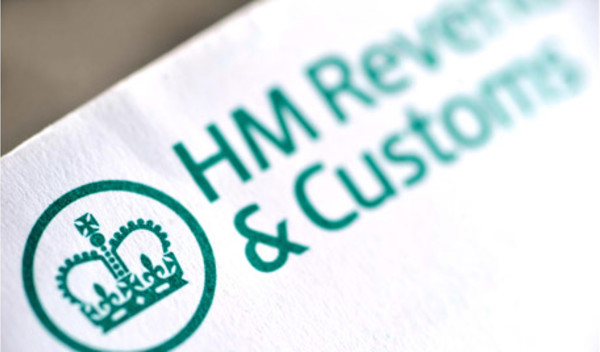

Inheritance tax receipts are to reach £10bn per year by 2030, almost double the current amount, according to analysis from Canada Life.
The provider based its figures on current revenue trends and assumed a continuation of the current regulatory environment.
Inheritance tax receipts hit a record £5.4bn in 2018/19, up from £5.2bn the previous tax year.
The increases come as the nil rate band, one of the most important means of protecting an estate from inheritance tax, reaches its tenth anniversary of being frozen at £325,000, Canada Life stated.
As asset values increase, but the nil rate band remains static, more people are caught in the inheritance tax trap, and in real terms are able to protect far less of their estate from inheritance tax than before.
According to Canada Life’s research, many estates are likely to end up paying more inheritance tax than is necessary, with approximately 18 per cent of estates worth up to £1m failing to put in place an inheritance tax plan.
Neil Jones, market development manager at the provider, noted there is plenty that can be done within the existing rules to reduce an inheritance tax bill.
He said: "Perhaps because of a very British reluctance to discuss death, many people - and sometimes their financial advisers - won’t bring up estate planning.
"As a consequence, the government is undoubtedly receiving tax that with proper planning wouldn’t need to be paid."
Alex Davies, chief executive and founder of tax-efficient investments broker Wealth Club, stated inheritance tax rules can be complicated, but there are a number of steps an individual can take to reduce – or even entirely avoid – IHT, as long as they plan ahead.
He said: "It’s well worth doing these as soon as possible to prevent giving money away to the government later in life."
Giving money away is one of the potential solutions, since gifts out of regular income, which are not deemed to affect the giver’s standard of living, are inheritance tax free on day one – as are certain smaller gifts.
Investments in companies that qualify for business property relief is also recommended, as these typically become inheritance tax free after two years.
Investing in an Aim ISA will have a similar outcome, Wealth Club stated.
The broker suggested that most importantly, individuals should make sure they make a will.
"If you don’t, the law will decide how your estate is distributed and it won’t be the most tax efficient way," it concluded.
maria.espadinha@ft.com



